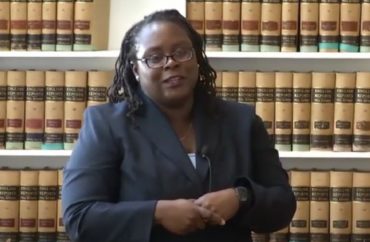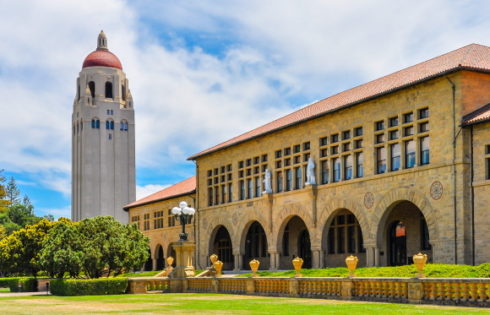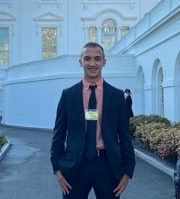
Selects its own dean for the role
Boston University’s law school recently announced its inaugural appointment for a professorship focused on critical race theory and antiracism, the first of its kind in the country.
The private university selected Angela Onwuachi-Willig (right), the law school dean, as the first Ryan Roth Gallo and Ernest J. Gallo Professor. The Gallos endowed the position with a $3 million gift, according to the Bostonia, the university’s alumni magazine.
“As we have seen for many years, and increasingly over the past summer, our country needs some new and innovative ideas about how to meet the ideal of equal justice for all,” Ryan Roth Gallo said in a statement to the alumni magazine. She endowed the critical race theory position with her husband, Ernest.
She said she wants the antiracism chair to bring “new ideas that will lead to changes that promote justice for all.”
The professor “is a longtime advocate for building structures in academia that can enable individuals or institutions to overcome or tackle racism,” the university said.
The law school dean “founded the Lutie A. Lytle Black Women Law Faculty Workshop for mentoring current and aspiring women of color law faculty” in 2007.
MORE: Boston U. won’t answer questions about Ibram Kendi’s new project
Her bio describes her as a “renowned legal scholar and expert in critical race theory, employment discrimination, and family law.”
The law school dean would not provide comment to The College Fix, instead forwarding requests to media relations staffers who declined to comment on the dean’s appointment.
“Unfortunately, given current demands on the dean’s schedule, we are unable to accommodate your request at this time,” Jeremy Thompson, a university spokesperson told The Fix via email.
The Fix had asked about what role the dean played in the professorship selection process, if other professors had applied and what the university hopes this new position accomplishes.
However, one ethics expert we spoke to said that appointing the dean of the law school to a law professorship is not uncommon.
“This process likely involved the donor and the university president,” Don Heider told The Fix via a phone interview. Heider is the executive director of the Markkula Center for Applied Ethics at Santa Clara University where he also is a professor of social ethics.
He said it is likely Onwuachi-Willig would have had no say in the process.
The awarding of endowed chairs to deans is “commonplace” in universities, Heider said. In fact, the endowment itself, $3 million, “isn’t enough to start a professorship from scratch.”
Heider said that he sees this as a way for the university to retain Dean Onwuachi-Willig and university officials likely made the decision without her involvement.
History of supporting anti-racism
Onwuachi-Willig has been a vocal supporter of both the idea of systemic racism and anti-racism measures in the past including supporting critical race theory.
“Race and racism are basically baked into everything we do in our society,” the law school dean told The Boston Globe in September. “It’s embedded in our institutions. It’s embedded in our minds and hearts.”
The Globe featured Onwuachi-Willig comments in an article about former President Trump’s executive order prohibiting the teaching of critical race theory in federal agencies.
In the aftermath of the George Floyd killing in June, Willing said the laws and U.S. justice system are slanted against black individuals.
“There are also the myths that we tell ourselves in law that we’re supposed to be these completely neutral beings and that the law itself is completely neutral,” Onwuachi-Willig said in an interview with Slate.
People do this “[w]ithout recognizing the actors that wrote the laws,” she said and “without recognizing who was left out of the creation of those laws, without recognizing how precedent reifies the exclusion of certain voices from the creation of case law.”
MORE: UCLA law professor says US should pay reparations to Latinos
IMAGE: HoustonInstitute/YouTube
Like The College Fix on Facebook / Follow us on Twitter






Please join the conversation about our stories on Facebook, Twitter, Instagram, Reddit, MeWe, Rumble, Gab, Minds and Gettr.